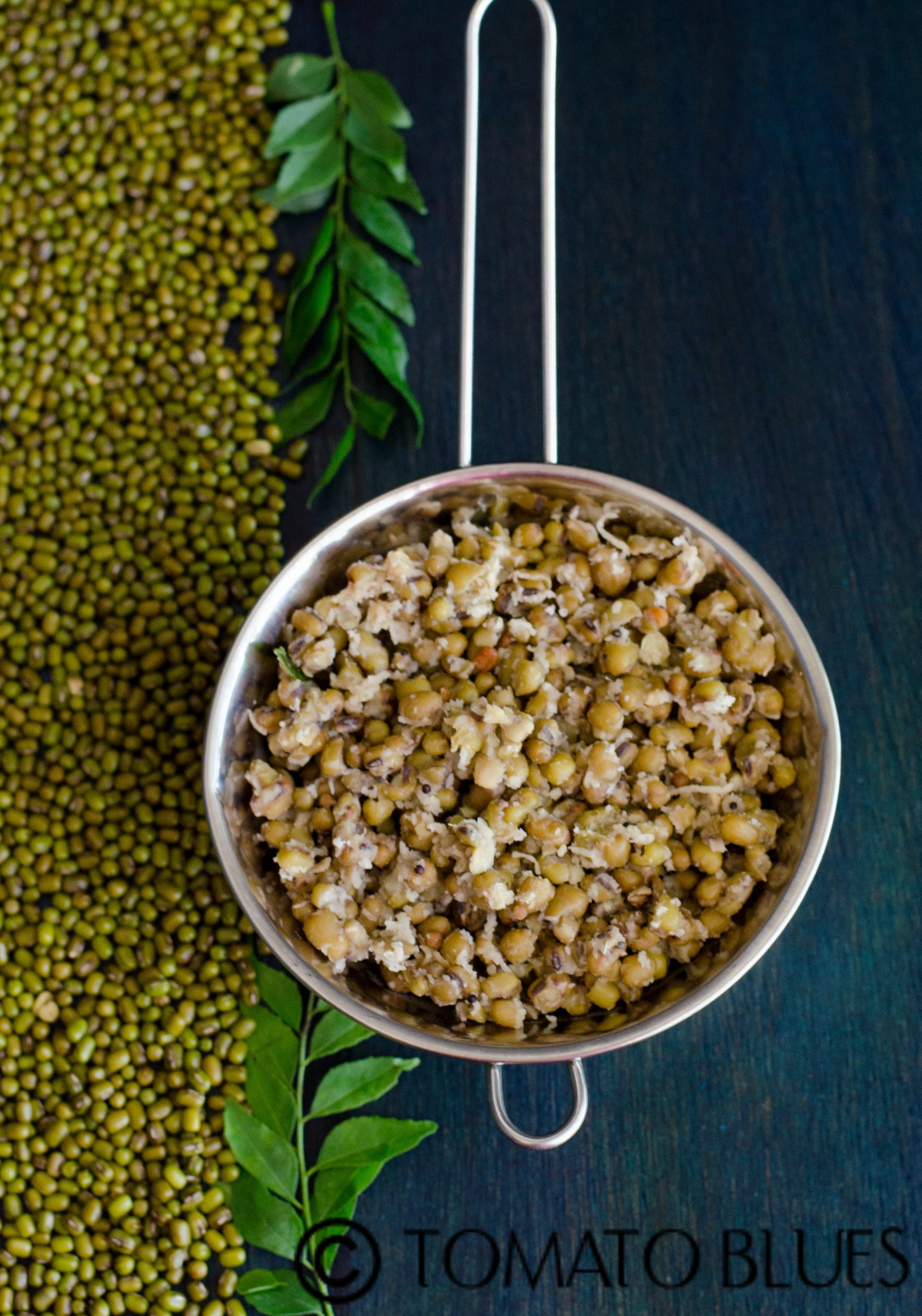Unveiling The Secrets Of Pachai Payaru: A Journey Through Green Rice Fields
Have you ever heard of Pachai Payaru? Well, let me tell ya, it's not just a fancy word—it's a treasure trove of culinary magic! Pachai Payaru, or green rice, is more than just a dish; it's a cultural icon that has been cherished for generations. Picture this: lush green fields swaying in the wind, farmers working with love and dedication, and the final product—a grain so vibrant it makes your taste buds dance. This is the story of Pachai Payaru, and you're about to dive deep into its world.
But wait, there's more! Pachai Payaru isn't just about food—it's about tradition, sustainability, and the future of agriculture. As we face global challenges like climate change and food security, this humble grain might just hold the key to a greener tomorrow. So, buckle up, because we're about to take you on a journey through the history, culture, and science of Pachai Payaru.
And hey, don't worry if you're a newbie to all this. By the end of this article, you'll be a Pachai Payaru pro, ready to cook up a storm or even grow your own patch. Let's get started!
- Unlocking The Secrets Of Al Quiring Age A Deep Dive Into The Phenomenon You Need To Know About
- Ephrata Athletic Club Your Ultimate Fitness Destination
Table of Contents
- The Rich History of Pachai Payaru
- Cultural Significance: More Than Just Food
- Health Benefits That'll Blow Your Mind
- Sustainable Farming Practices
- Cooking Tips for the Perfect Dish
- Delicious Recipes to Try at Home
- Market Trends: Where Is Pachai Payaru Headed?
- Environmental Impact: A Greener Choice
- Challenges Facing Pachai Payaru Farmers
- Future Prospects: What Lies Ahead?
The Rich History of Pachai Payaru
Let's rewind the clock and explore how Pachai Payaru came to be. This green rice has roots that go way back, tracing its origins to the fertile plains of South Asia. Farmers in ancient times discovered that young rice grains, harvested before they fully matured, had a unique taste and texture that set them apart. Over centuries, the practice of cultivating and consuming Pachai Payaru became an integral part of local traditions.
Historical Significance
Back in the day, Pachai Payaru wasn't just food—it was a symbol of prosperity and abundance. During harvest festivals, communities would gather to celebrate the bounty of the land, with Pachai Payaru taking center stage. It was often served as an offering to deities, symbolizing gratitude for nature's gifts. This historical connection adds a layer of depth to its cultural importance.
Cultural Significance: More Than Just Food
Now, let's talk about the cultural side of things. Pachai Payaru isn't just a grain; it's a cultural ambassador. In many regions, it plays a crucial role in weddings, religious ceremonies, and family gatherings. The vibrant green color is seen as a symbol of life, renewal, and hope, making it a favorite for special occasions.
- Discover The Authentic Flavor Of Mi Casa Jalisco
- Punch Bowl Landing Your Ultimate Guide To The Perfect Splash
Traditions Around the World
- In Sri Lanka, Pachai Payaru is used in traditional dishes like kiri bath, a creamy rice pudding.
- In India, it's a staple in Tamil Nadu and Kerala, often paired with coconut milk and spices.
- In Thailand, it's celebrated during the Songkran festival, where young rice is shared among family members.
Health Benefits That'll Blow Your Mind
Alright, let's get to the good stuff—why is Pachai Payaru so darn good for you? For starters, it's packed with nutrients like vitamin B, iron, and fiber. Unlike polished white rice, Pachai Payaru retains much of its natural goodness, making it a healthier choice. Plus, it has a lower glycemic index, which means it won't spike your blood sugar levels like its processed cousin.
Key Nutritional Facts
- Rich in antioxidants that fight free radicals.
- High in fiber, promoting better digestion.
- Packed with essential vitamins and minerals.
Sustainable Farming Practices
Here's where things get interesting. Pachai Payaru farming is all about sustainability. Farmers use age-old techniques that work in harmony with nature, minimizing the use of chemicals and promoting biodiversity. This not only ensures a healthier crop but also protects the environment for future generations.
Modern Techniques
While traditional methods are still prevalent, modern technology is helping farmers optimize yields. Tools like precision irrigation and organic fertilizers are being adopted to boost productivity without compromising on quality.
Cooking Tips for the Perfect Dish
So, you've got your hands on some fresh Pachai Payaru—now what? Cooking it right is key to unlocking its full potential. Here are a few tips to get you started:
- Rinse the rice thoroughly to remove any excess starch.
- Use a rice-to-water ratio of 1:2 for best results.
- Add a pinch of salt for extra flavor.
Common Mistakes to Avoid
Overcooking is a big no-no. Pachai Payaru has a delicate texture that can easily turn mushy if boiled for too long. Stick to the recommended cooking time and you'll be good to go.
Delicious Recipes to Try at Home
Ready to get your hands dirty in the kitchen? Here are a couple of recipes to inspire you:
1. Pachai Payaru Coconut Rice
This creamy delight is perfect for a lazy Sunday lunch. Combine cooked Pachai Payaru with coconut milk, a hint of cardamom, and a sprinkle of roasted cashews for a dish that'll have your friends asking for seconds.
2. Green Rice Salad
For a lighter option, whip up a Pachai Payaru salad. Toss the cooked rice with fresh veggies, herbs, and a tangy lime dressing. It's a refreshing way to enjoy this superfood.
Market Trends: Where Is Pachai Payaru Headed?
As more people become health-conscious, the demand for Pachai Payaru is on the rise. Supermarkets and health food stores are stocking up on this green wonder, catering to a growing market of eco-conscious consumers. With global interest in sustainable agriculture increasing, Pachai Payaru is poised to become a household name.
Export Opportunities
Exporting Pachai Payaru to international markets presents a golden opportunity for farmers. Countries like the USA, UK, and Australia are showing a keen interest in this exotic grain, thanks to its health benefits and unique flavor profile.
Environmental Impact: A Greener Choice
When it comes to environmental impact, Pachai Payaru scores high. Its cultivation methods are eco-friendly, reducing the carbon footprint significantly. By choosing Pachai Payaru, you're not just eating healthy—you're contributing to a healthier planet.
Reducing Carbon Emissions
Studies show that organic farming practices used in Pachai Payaru cultivation can reduce greenhouse gas emissions by up to 30%. This makes it a sustainable choice for environmentally conscious consumers.
Challenges Facing Pachai Payaru Farmers
Of course, it's not all sunshine and rainbows. Farmers face several challenges, from unpredictable weather patterns to market fluctuations. Access to modern farming equipment and financial support is also limited in many regions, making it tough for small-scale farmers to compete.
Possible Solutions
Government initiatives and NGO support can play a vital role in addressing these issues. Providing farmers with access to technology, training, and financial aid can help them overcome these hurdles and thrive in the competitive global market.
Future Prospects: What Lies Ahead?
Looking to the future, the prospects for Pachai Payaru are bright. With increasing awareness about its health benefits and environmental impact, demand is only set to grow. Innovations in farming techniques and product development will further boost its popularity, making it a staple in kitchens around the world.
Final Thoughts
So, there you have it—the fascinating world of Pachai Payaru. From its rich history to its promising future, this green rice is a treasure worth exploring. Whether you're a foodie, a health enthusiast, or an eco-warrior, Pachai Payaru has something to offer everyone.
Now, here's the call to action: why not give it a try? Share your experiences in the comments below, and don't forget to spread the word about this amazing grain. Together, we can make Pachai Payaru a household name and a symbol of sustainable living. Cheers to a greener, healthier future!
- Badwapin The Ultimate Guide To Understanding This Trending Platform
- Getsemani Internacional Food Truck Sunrise Fl A Foodies Paradise

Pachai Payaru Sundal Navratri Recipes Tomato Blues

Pachai Payaru (Green Gram) Masiyal Kamala's Corner

Pachai Payaru Sundal Green Moong Dal Sundal Subbus Kitchen